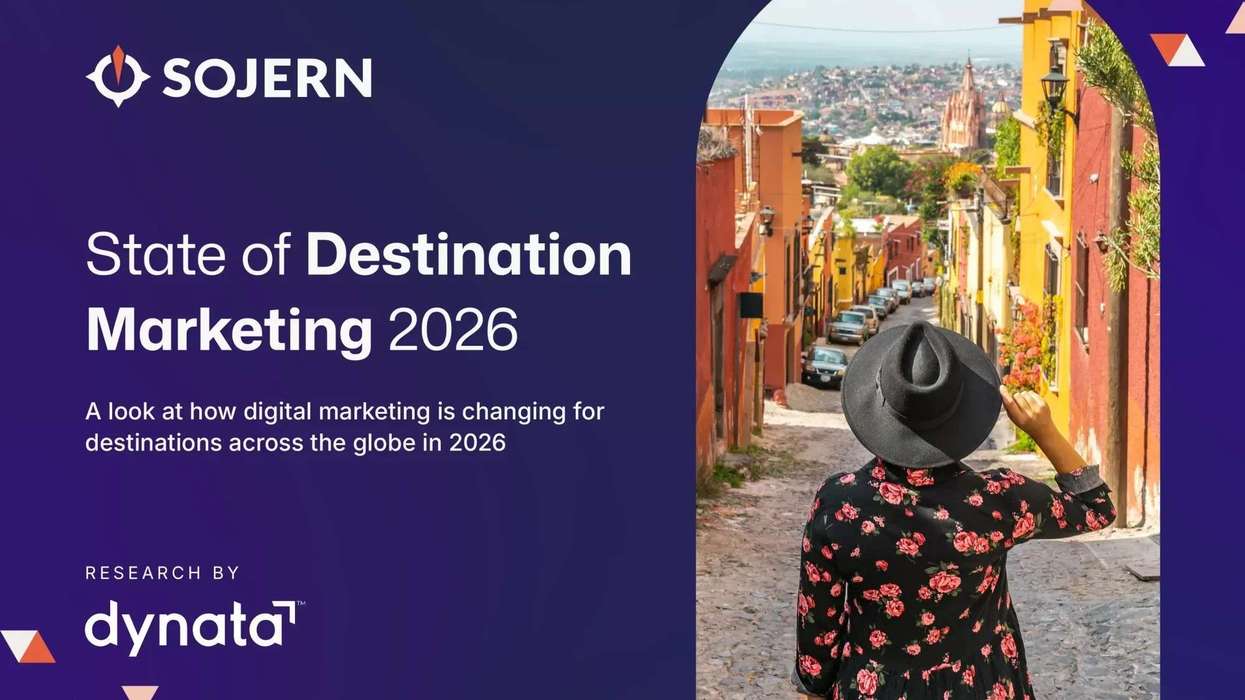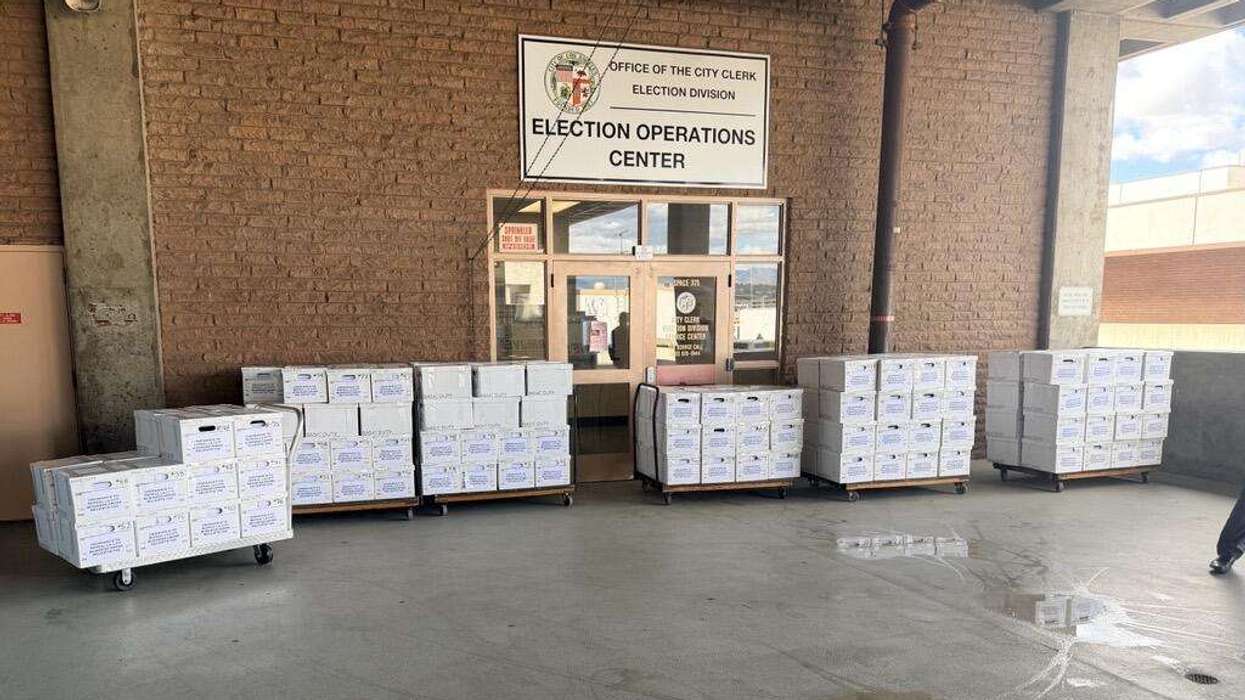SITTING IDLE IS no way to make money, and that applies to hotels left empty, or nearly empty, as the COVID-19 pandemic causes occupancy levels to plummet. There are alternative uses hotel owners may want to consider until regular guests begin to return, according to a blog from HotStats.
Some of the options presented in the blog may seem unusual, but the article also explains how to revamp hotels to fit the task. Many of them have already been implemented since the crisis began.
First Responder Quarters – The first two alternative choices listed makes hotels part of the effort to fight the pandemic firsthand, such as housing the people who are on the front line. Several chains, including InterContinental Hotels Group, Best Western Hotels & Resorts and My Place Hotels of America, have offered discounts and rooms to first responders. HotStats said some cities have offered to lease hotels for up to $1 million a month to house their emergency workers, and there are marketing and PR benefits.
Quarantine Centers – A possibly more problematic but equally important alternate use is housing patients who have been quarantined with COVID-19 but not hospitalized. Federal and local health agencies began making use of hotels for that purpose early in the pandemic and it can be done safely. HotStats recommends reading about how the U.S. Army recommends preparing hotels for medical use.
Co-working Spaces – As more companies turn to remote work to ensure social distancing, hotels can transform vacant spaces into sanitary work stations, the article suggests. The market includes 16 million knowledge workers who are working from home who may need the room.
Business Offices – Hotel business centers and conference rooms that are sitting empty can be rented out as office spaces. They don’t require much renovation to convert to that use.
To convert a hotel to one of these uses, the HotStats article suggests several steps to take. First, measure costs to determine where your money is going and to avoid unnecessary expenses, such as labor, maintenance, payroll and utilities.
Know your revenue streams and how to maximize them, the HotStats article recommends. Then, identify your hotel’s needs, such as operational figures, determining the hotel’s break-even point and homing in on profit-focused metrics, such as gross operating profit per available room.
Finally, the article suggests, have a plan.
“Above all else, before picking up any alternative uses for hotel space, hoteliers should pause and make sure moves fit into a broader hotel performance strategy,” the article said. “That requires digging into hotel profit benchmarking and mapping out a plan toward profit. With the right data in the driver’s seat, hoteliers can swerve around COVID-19 consequences and race on to a more profitable future.”





